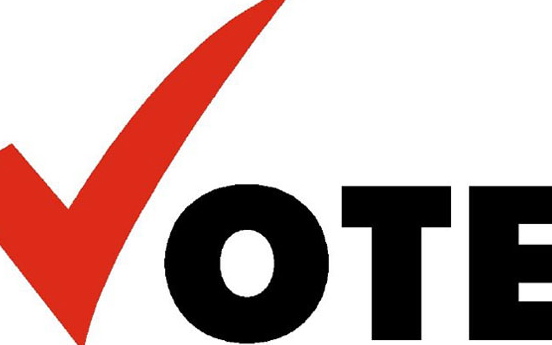
I want to thank Joel Dyer for his Oct. 11, “My Willmeng Dilemma.” It’s written mainly about my candidacy for Boulder County Commissioner, but also touches on bigger issues, not just for Boulder County but for our planet as a whole. There’s discussion about Donald Trump, global warming and the quasi-activism of Democratic Party front groups like the Sierra Club. The billionaires directing the Colorado political script get an especially well-deserved spotlight. At the end of the article, brother Joel concludes he will vote for the radical in the Boulder County Commissioner’s race. That’s me.
Radical aside, a few things about my candidacy for Boulder County Commissioner are entirely conventional. We need votes to get into office to help make the changes we feel are needed. We discuss the environment, affordable housing, working conditions, public transit and regenerative agriculture, among all of the other topics most pressing to the regular people of Boulder County. We are gaining endorsements, knocking on doors, winning debates, creating social media presence and driving a qualitatively different narrative for Boulder County political life. All of this is bread-and-butter grassroots organizing, and it’s what we do best.
Along the way, our campaign has encountered some real resistance. I’ve been subpoenaed by Martin Marietta because of my efforts to keep Boulder County’s oil industry from being restarted. The campaign has also become upsetting enough to current political leadership that the chair of the Colorado Democratic Party, Morgan Carroll herself, had to be brought in to help craft talking points to counter us.
Why is this? Why has a registered nurse, a union rep, community organizer and family man, someone lacking the resources, networks and giant political capital of the established political class, become such a problem for politicians and the CEOs of the oil and gas industry?
It’s because I understand that no significant political change comes from politicians alone. It comes from regular people building the independent political force needed to pressure a corrupt and calcified political system to do things it would not normally do. This understanding isn’t inconsequential, and it isn’t a platitude.
Within my community organizing, this approach helped build an organization that led and won the fight to reduce the retirement age for 34,000 union carpenters. It informed our support for the Little Village Latino community in Chicago, an effort that compelled the building of a new neighborhood high school. It broke the meeting of corporate trade barons attempting to confer and govern at the World Trade Organization in Seattle in 1999. And it’s what helped us force fracking to a complete halt in Boulder County for the last six years.
We aren’t supposed to talk about or accomplish these types of results. But people traditionally build and utilize political power well beyond the comfort and expectations of politicians and corporations. Building this kind of grassroots power is effective, inspiring, powerful, audacious and enormously consequential for people and the environment. It also comes with a political price to those accustomed to making important decisions on our behalf. There you see why we are considered radical. We are using this campaign and would use the office of Commissioner to build that grassroots power.
At the end of the day we all have a shared dilemma. The prescribed methods of political change are falling apart along with the collapse of the global climate and the crisis facing all humanity. We can cling to the past and perceived safety, or we can break free and lead a new movement that may have the chance to bring us all together and spare our children the disaster gathering on the horizon. It’s this vision that I will give my life to, and I hope it can take a great leap forward this Nov. 6 and beyond.
This opinion column does not necessarily reflect the views of Boulder Weekly.














